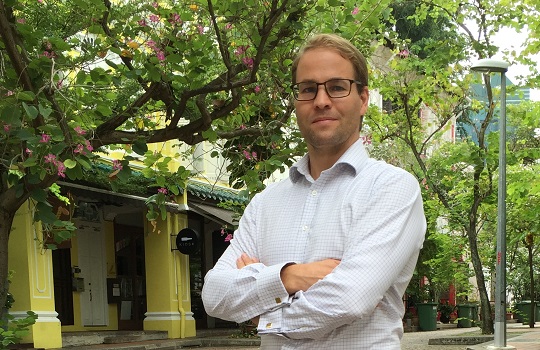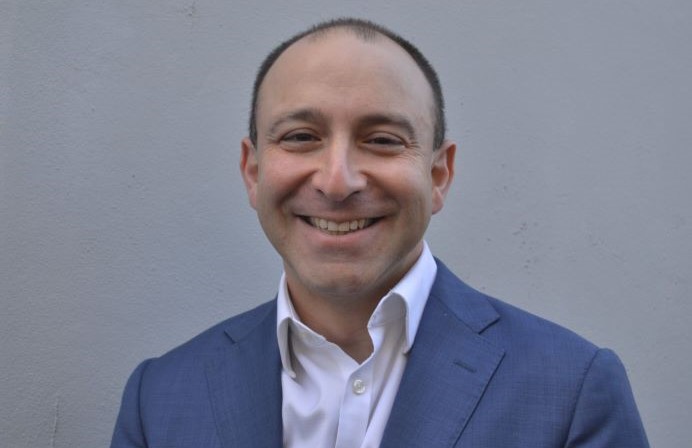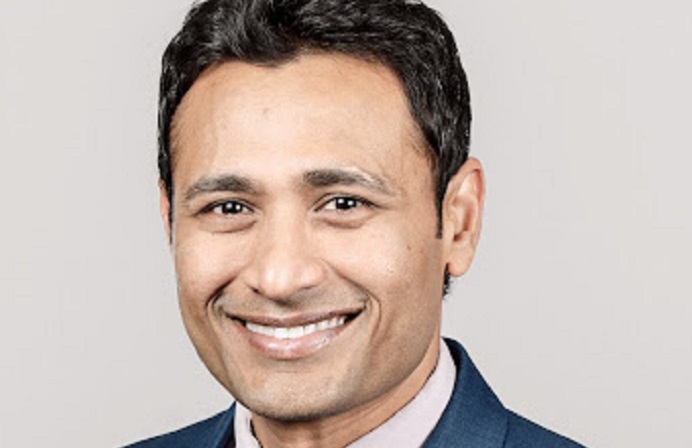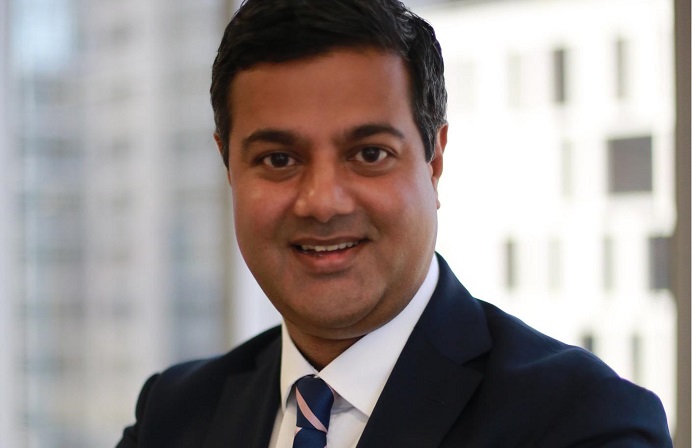
Gerben Visser, co-founder of The Singapore Fintech Consortium, speaks with FST Media about how banks can learn from fintechs to be more nimble and agile.
FST Media: What was your vision behind The Singapore Fintech Consortium and how did it first begin?
Visser: We saw a clear disconnect between the large legacy players and what was happening in the domain of grassroots startups, so we wanted to have a bit of a conduit function in Singapore. We said we would build a fintech incubation platform that consists of three capabilities: advisory, research and venture acceleration.
In venture acceleration, we looked at how we can help foster and grow the domestic fintech companies – and there are quite a few of them, but they are all still in a fairly embryonic state. Most importantly, however, we recognised that Singapore is a hub for innovation and we really wanted to see how we can bring more established companies – either from Australia, the US or from Europe – and venture accelerate them and fuel that ecosystem from the top down.
FST Media: How can banks learn from fintech startups to be more nimble and agile?
Visser: First of all, it always starts with the mentality, the mindset, and the right culture. If you look at the culture of startups now, the speed is quicker and the failure rate has to be higher, however, the acceptance of failure and iteration and constant learning is much quicker. As a result, the risk spectrum is almost diagonally opposite.
Secondly, banks need to provide certain safety zones and have their staff talk about these sandboxes for innovation. I think that is a good first step for them to dip their toes in the water and create a platform where they can start engaging with startups. The advantage that startups have over banks is obviously that they do not have any legacy systems, nor any legacy mentality and they are also not constrained by any capital requirements, compliance or legal ramifications. As a result, the speed of building and developing products and services is much less constrained for startups.
Banks are still very much internally focussed and are in a reorganisation mode, such that the emphasis on innovation – the awareness that they need to innovate – is definitely there, but they are still struggling with a lot of legacy issues.
FST Media: In your view, what are the three most important qualities for any entrepreneur?
Visser: First of all, in the end you need to have a vision and a mission that is driven by passion. If you do not have a long term goal that is fuelled by the right passion then it is very hard to have staying power.
Secondly, you need to have a very particular domain expertise because you cannot have only one person that has a very strong technical background. The key is about having the right mix of co-founders or a solid management team. If you ask me what is the biggest failure rate within fintech startups, normally it is internally and normally it has to do with people – especially personal fallouts.
Thirdly, your personality is important. You need to practice what you preach. Are you able to lead a team? Can you set the right culture? If you want to set the right culture, you need to be able to clearly and openly and constantly communicate with your team. I think culture is sometimes perceived to be a very soft element, but really having the wrong culture can be detrimental to any business. In a small startup where there are a lot of pressures and a lot of ‘organised chaos’, you need to bring structure to it.
FST Media: How do you encourage a culture of innovation within your own team?
Visser: First of all, we try to apply some of the key startup methodologies – such as being lean and agile – as well as certain tools that we use to work much more effectively, communicate clearly and bring structure to this ‘organised chaos’ of our Fintech Consortium.
Secondly, if you look at our organisation, we have a number of very senior advisors who are working with us in various capacities. We also have a number of co-founders and a number of juniors, who are the engine room of our organisation. With myself as one of the co-founders, it is very important to be a conduit between the juniors and the senior staff.
Collaboration is key. We work on a project-based approach and therefore we are also constantly iterating. We lock down our value proposition and our capabilities, but within that we are constantly doing sprints. We work in weekly cycles that we review on a weekly basis and we encourage everyone to iterate and to fail. We even give credit to failure; we share it with the team, and therefore, we can be open about our failures and can learn from them and move on. We do that in these sprints of a week because then the wastage time is very limited. We always try to come up with a number of projects on a weekly basis which are the responsibility of an individual, who then reports back to us on the weekly meeting.
If you want to be very productive and efficient with your time – particularly as resources in a small company are precious and very limited – then this kind of short sprint approach is a great way to keep productivity up on a very high level. On top of this, is the learning curve, which is very important not just for the individual, but also for the organisation as a whole. I always try to almost visualise what is our learning curve within the organisation, and therefore, what is our intrinsic value and growth trajectory on a weekly and on a monthly basis.
FST Media: Every leader has a legacy that they wish to be remembered for, Gerben, what is yours?
Visser: I am very passionate about fintech innovation. I think in South East Asia, if you look at the region as a whole, there is a tremendous opportunity to address the financial challenges that the majority of the population and small companies still face. From the consumer on the small-to-medium enterprise [SME] side, there is still a tremendous amount of pain points for customers to get access to the right financial services.
I think with fintech there are definitely a lot of applications and platforms that can scale in a very cost-effective manner and reach out to those customers – a lot of these customers and SMEs are completely under-served. That is across mobile payments, liquidity and lending in particular. A key problem is how do you send money either domestically or across the border at a lower price and with a much more elegant solution.





